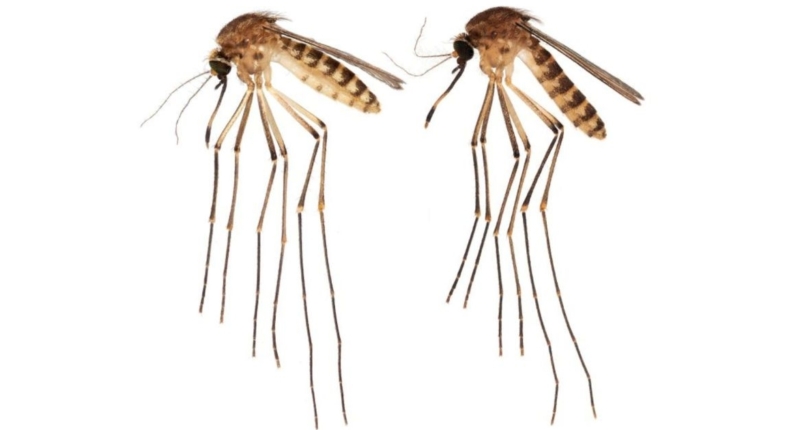Florida is facing a growing problem of nonnative mosquito species, with 17 species already established in the state, and an increasing number detected in recent years. The invasion of these species, such as Culex lactator, raises concerns about the potential spread of diseases such as West Nile virus and St. Louis encephalitis virus, which can be transmitted through infected birds. The rise in mosquito populations can be attributed to climate change, which has made the environment in Florida more hospitable to these pests. The spread of invasive mosquito species may be further exacerbated by the frequency of storms that could carry them to the state. With public health at risk, there is a need to keep a close watch on the spread of these invasive species and develop strategies to mitigate the risk of disease transmission.
New Mosquito Species Found in Florida Raising Concerns of Disease
A new invasive mosquito species from Central and South America called Culex lactator has taken root in South Florida, sparking fears that the pest could spread dangerous viruses like West Nile. Researchers affiliated with the University of Florida’s Institute of Food and Agricultural Sciences discovered C. lactator in Miami-Dade County in 2018. The scientists ran a DNA analysis to identify the species and other researchers subsequently found additional populations in Collier and Lee counties.
The mosquitoes are physically similar to many other mosquito species found in Florida, making them challenging to identify. Study lead author Lawrence Reeves, a mosquito biologist at UF/IFAS research center in Vero Beach, said that it is possible the mosquitoes may have already seeded populations in other Florida counties. Reeves went on to say, “introductions of new mosquito species like this are concerning because many of our greatest mosquito-related challenges are the result of nonnative mosquitoes.” Reeves added, “And in a case like this, it’s difficult to anticipate what to expect when we know so little about a mosquito species.”
Although C. lactator is part of the same genus as other mosquito species known to transmit dangerous pathogens such as West Nile and St. Louis encephalitis viruses, scientists do not yet know whether C. lactator can spread these diseases. Reeves said, “it’s too early to know whether Culex lactator will exacerbate these challenges, but the implications are often difficult to predict because not all mosquito species are equally capable of transmitting a particular virus or other pathogen.”
The invasion of non-native mosquito species can be a significant concern since they can carry diseases that are not native to the area. It’s essential to keep an eye on the spread of C. lactator to other counties and states to mitigate the risk of these diseases spreading further.
Nonnative Mosquito Species a Growing Concern in Florida
Florida now has 17 nonnative mosquito species, 11 of which were detected in the past 20 years, and six within the last five. Climate change could worsen the problem by creating a more suitable environment for these pests and increasing the frequency of storms that could bring invasive species to the state. This situation raises the risk of these mosquitoes spreading diseases, such as West Nile virus and St. Louis encephalitis virus, which they can acquire from infected birds. Culex lactator, the latest invasive species found in Florida, has been discovered carrying the blood of warbler birds, which are associated with disease transmission. Mosquitoes feed on infected birds and can then spread the viruses to humans, according to the Centers for Disease Control and Prevention.
Don’t miss interesting posts on Famousbio









